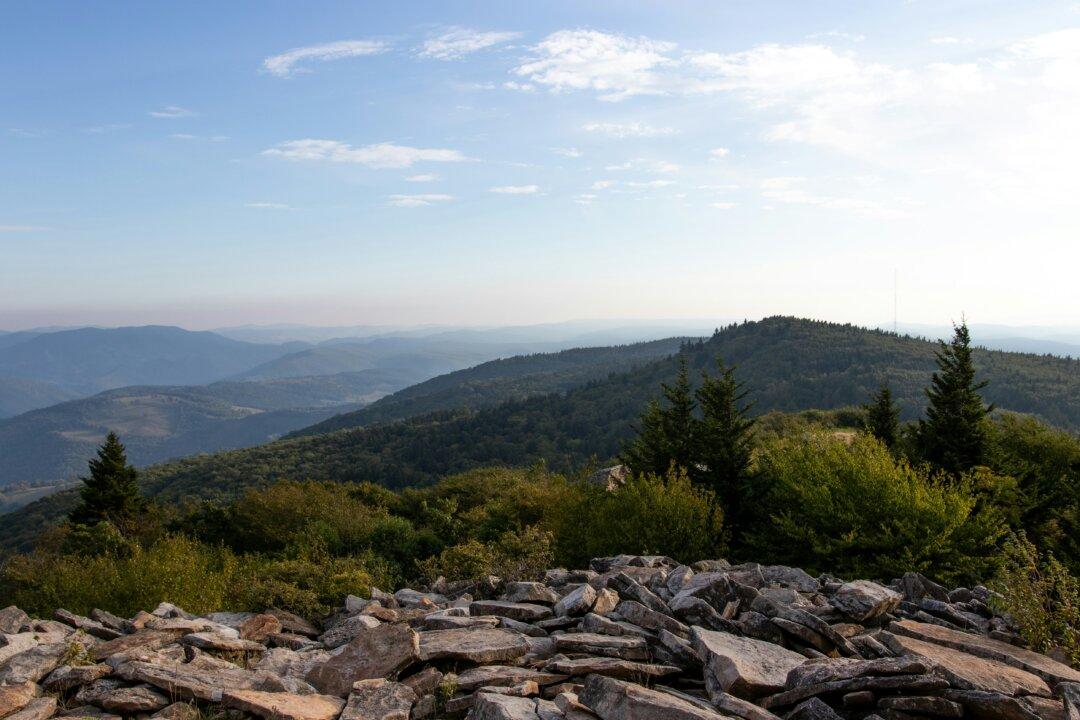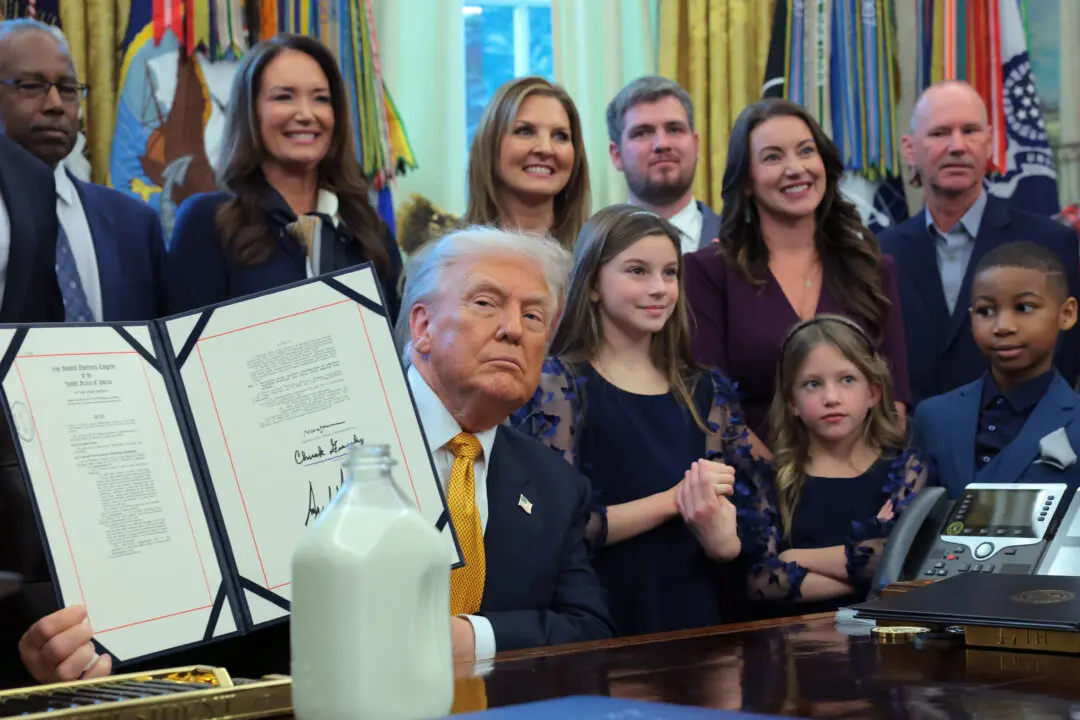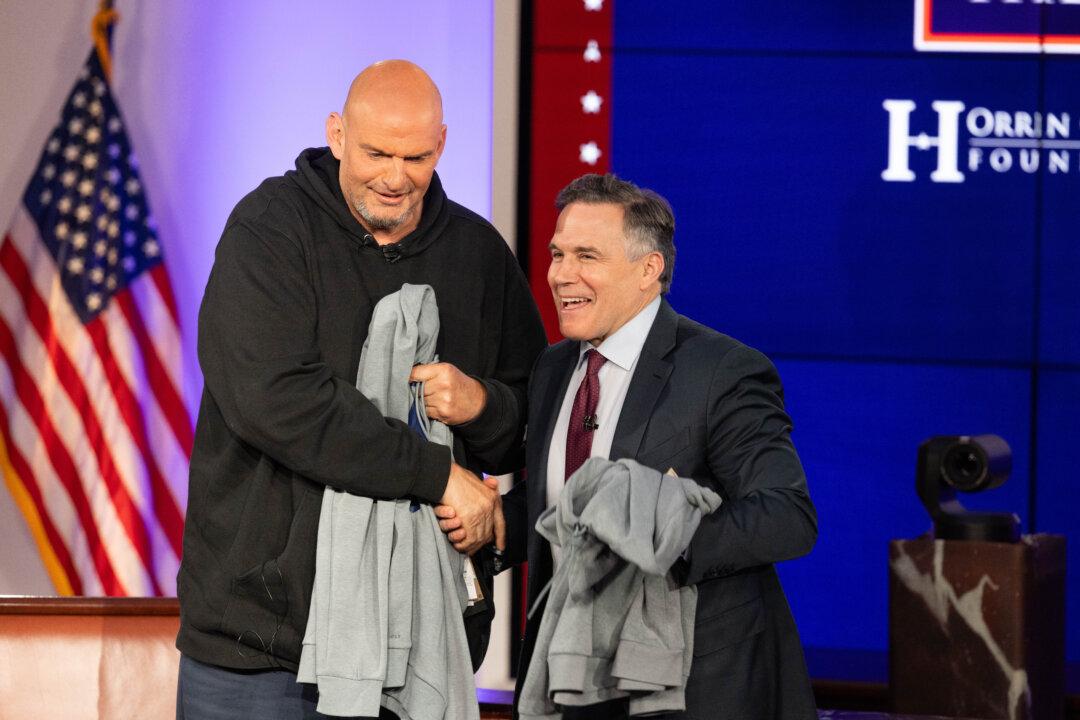Commentary
BUTLER, Pa.—Just more than four hours before former President Donald J. Trump was set to speak at the Butler Farm Show Complex off Buttermilk Road, Harry Norman—like 50,000 other people who came to spend the day at the rally—was walking across the freshly cut pastures that surrounded the stage from which former President Trump would speak.





